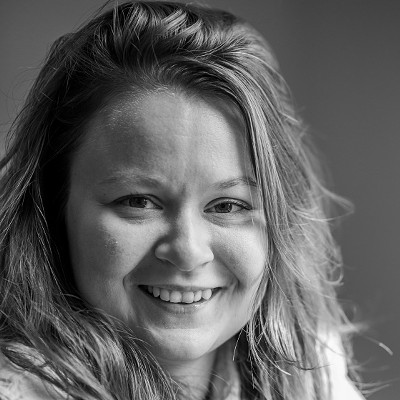Candice Quarles, the DeSoto City Council member who spearheaded the law, is a mother herself and saw an opportunity to use her 12 years of human resources experience to help the growing number of households in which both parents work.
“I feel like I was representing young families,” said Quarles, who was elected as one of her city's youngest council members and had an 18-month-old daughter when she took her seat on the council.
On Oct. 1, the southern Dallas suburb of about 50,000 will give everyone employed by the city — men and women — three weeks' paid leave time to spend with new children. The law follows the federal Family and Medical Leave Act's guidelines for time off and includes families who adopt. But it stipulates that if both parents are employees by the city, leave cannot be taken at the same time.
The ability to take family leave after the birth of a baby raises the chances of breastfeeding and timely doctor checkups and decreases the rates of postpartum mood and anxiety disorders, said Whitney Pesek, legislative director for the paid leave advocacy group PL+US.
Newborn children develop 1 million neural connections per second through interactions with their surroundings and parents. Those connections pave the way for children to learn and be healthy in the future, according to Harvard's Center on the Developing Child.
“Those warm interactions with adults literally build ... future learning,” Pesek said.
Nationally, 1 in 4 mothers returns to work less than two weeks after giving birth, and only 17% of the American workforce has access to paid family leave, Pesek said. In Texas, between 2011 and 2014, 62% of working adults were either not eligible for unpaid family leave or could not afford it, according to diversitydatakids.org.
Over the last five years, Pesek has seen support for paid family leave grow among Democrats and Republicans, who both recognize that it's not feasible for many families to survive on a single parent's income. Because of that, it is important to consider high-quality, affordable child care as part of the paid family leave discussion."(T)he last thing you want to be is a new mom at home worrying about where your next paycheck is coming from." — Candice Quarles
tweet this
“I think we'd be better served to talk about paid family leave and child care together,” Pesek said.
The DeSoto law has been a long time coming — paid family leave was one of the first issues Quarles became interested in when she was elected. She was hoping for six weeks of paid leave, the minimum time most doctors suggest women rest and stay home from work after giving birth. But, thinking that it was critical for the non-birth parent to bond with children as well, Quarles compromised at three weeks for each parent.
After the law has been around for a couple of years, she plans to come back to it and hopes to expand the measure. Three weeks is just a quarter of the nationally allowed 12 weeks of family leave. Many parents will still return to work early because they need the money.
“There's still a gap, and the last thing you want to be is a new mom at home worrying about where your next paycheck is coming from,” Quarles said.












